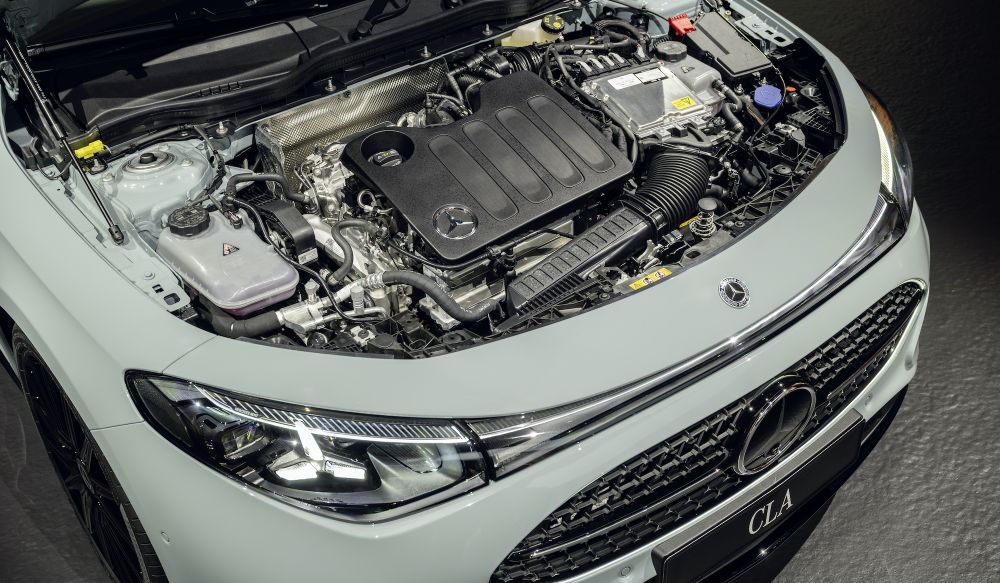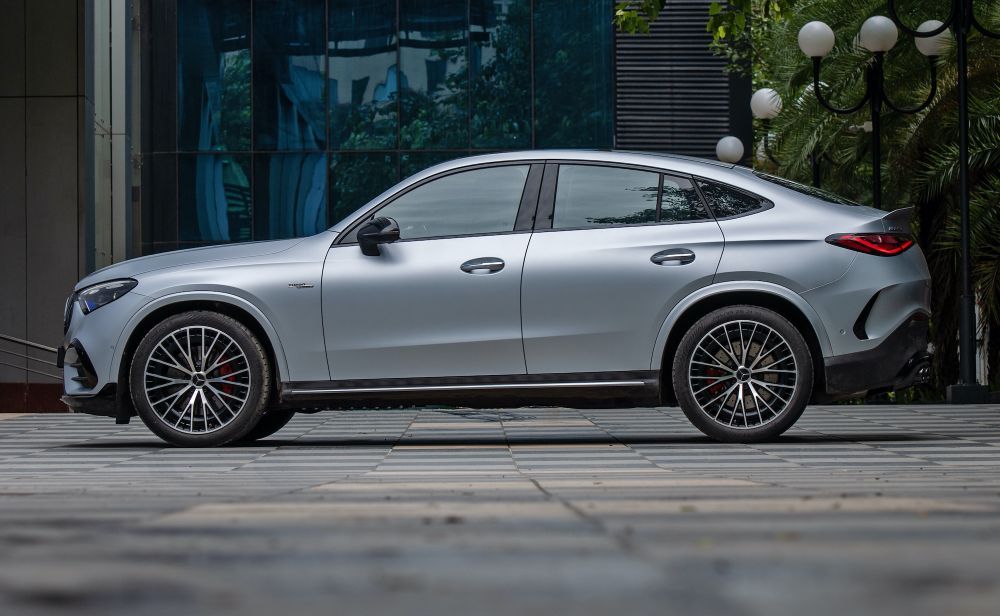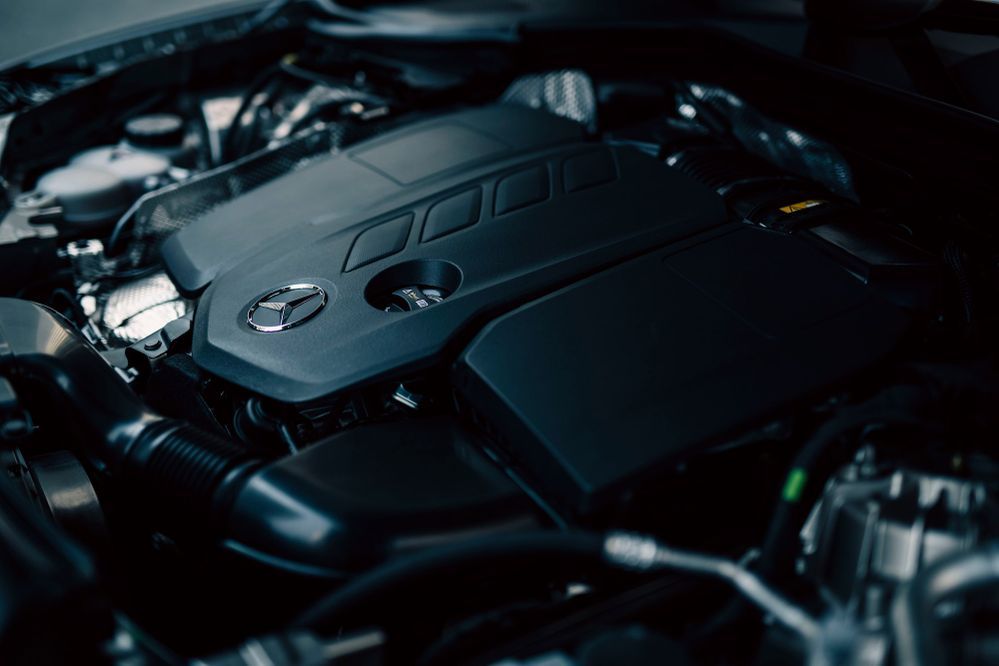Mercedes-Benz in advanced talks to source BMW engines for upcoming PHEV and REEV models - Auto News | Carlist.my
6 months ago
The move comes as Mercedes reconsiders its combustion engine strategy. With slowing global demand for EVs and stricter Euro 7 emissions regulations looming, Stuttgart is facing mounting pressure to keep its internal combustion lineup relevant—while simultaneously cutting development costs. Developing a new engine platform from scratch is no longer financially justifiable, particularly as the industry pivots toward electrification, or so the Stuttgart outfit’s logic goes.

Enter BMW’s proven B48 four-cylinder turbocharged engine. This 2.0-litre unit, manufactured in Steyr, Austria, is a workhorse of the BMW range. Found in everything from the 1 Series and X1 to the 7 Series, and even the Toyota GR Supra, the B48 has built a reputation for refinement, efficiency, and adaptability. More importantly, it has been engineered to integrate seamlessly into both mild-hybrid and plug-in hybrid applications, as well as range-extender configurations—precisely the areas where Mercedes’ in-house counterpart falls short.
One of Mercedes’ current four-cylinders, the 1.5-litre M252, was developed in Germany but is produced in China by Horse Powertrain, a joint venture between Geely and Renault. While capable in mild-hybrid setups, insiders told Autocar the M252 simply isn’t designed for the demands of plug-in hybrids or range-extender EVs. The BMW B48, by contrast, has been packaged for both transverse and longitudinal layouts, offering flexibility across a wide range of vehicle architectures.

Should negotiations succeed, the partnership could extend beyond simply supplying engines. Both companies are said to be exploring joint production opportunities, potentially including a new shared facility in the United States. Such a move would allow Mercedes and BMW to sidestep import tariffs while supplying North American markets more efficiently.
The significance of this deal cannot be overstated. For decades, BMW and Mercedes-Benz have been locked in a fierce rivalry, each guarding its engineering identity with pride. To see a Mercedes-badged car powered by a BMW engine may be hard to swallow for purists on both sides, but it reflects the realities of today’s automotive landscape. Tightening regulations, high R&D costs, and shifting consumer preferences are forcing even the most storied manufacturers to seek unlikely alliances.

Models rumoured to benefit from the BMW-supplied engines include the CLA, GLA, GLB, C-Class, E-Class, GLC, and even the upcoming compact off-roader known internally as the “Little G.” If true, the arrangement would touch nearly every corner of Mercedes’ lineup.
Industry watchers expect an official announcement before the end of the year. If confirmed, the Mercedes-BMW partnership could become one of the most surprising collaborations in modern automotive history—a pragmatic handshake between two arch-rivals, forged in the name of survival.
]]>...
Read the fullstory
It's better on the More. News app
✅ It’s fast
✅ It’s easy to use
✅ It’s free









